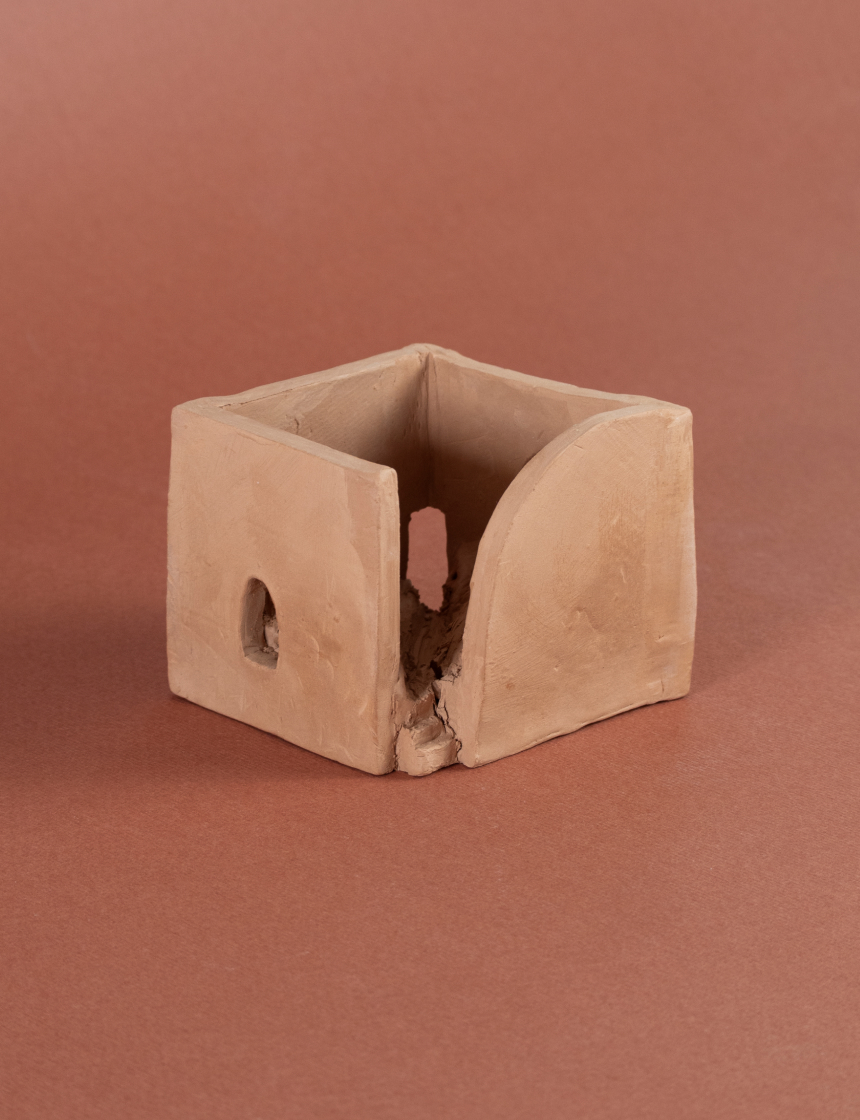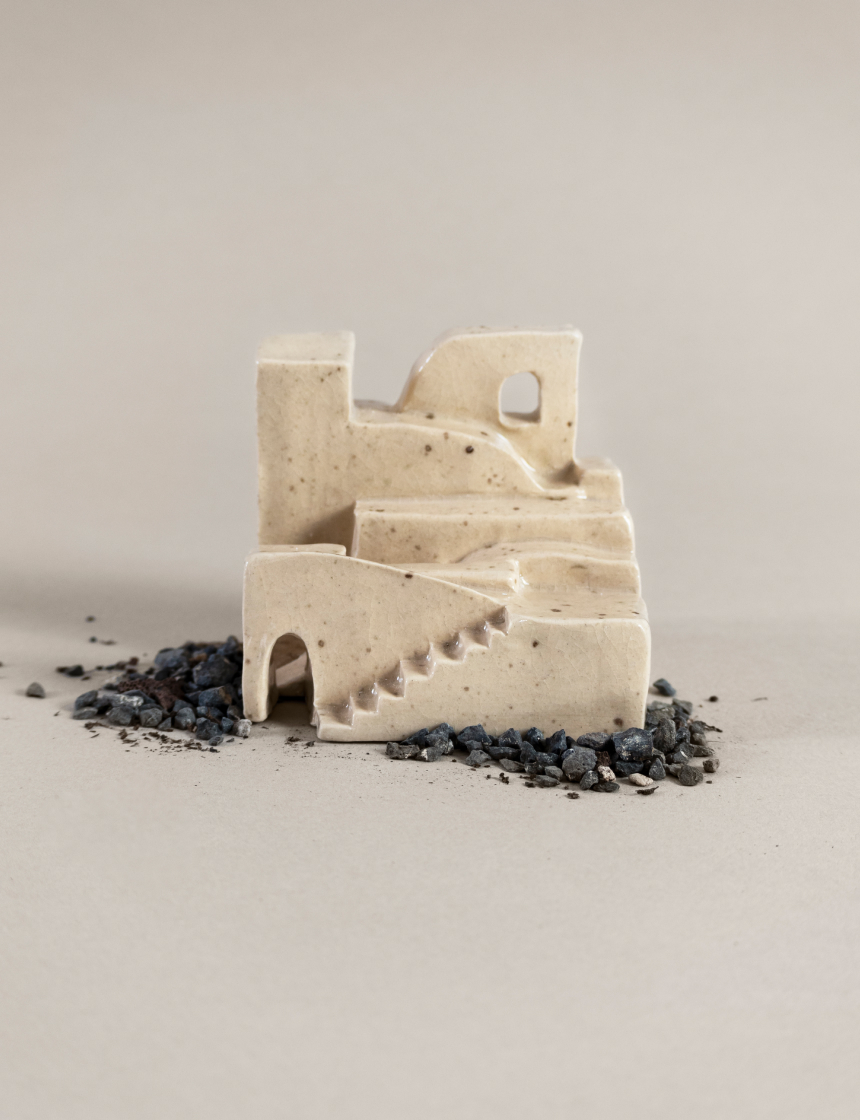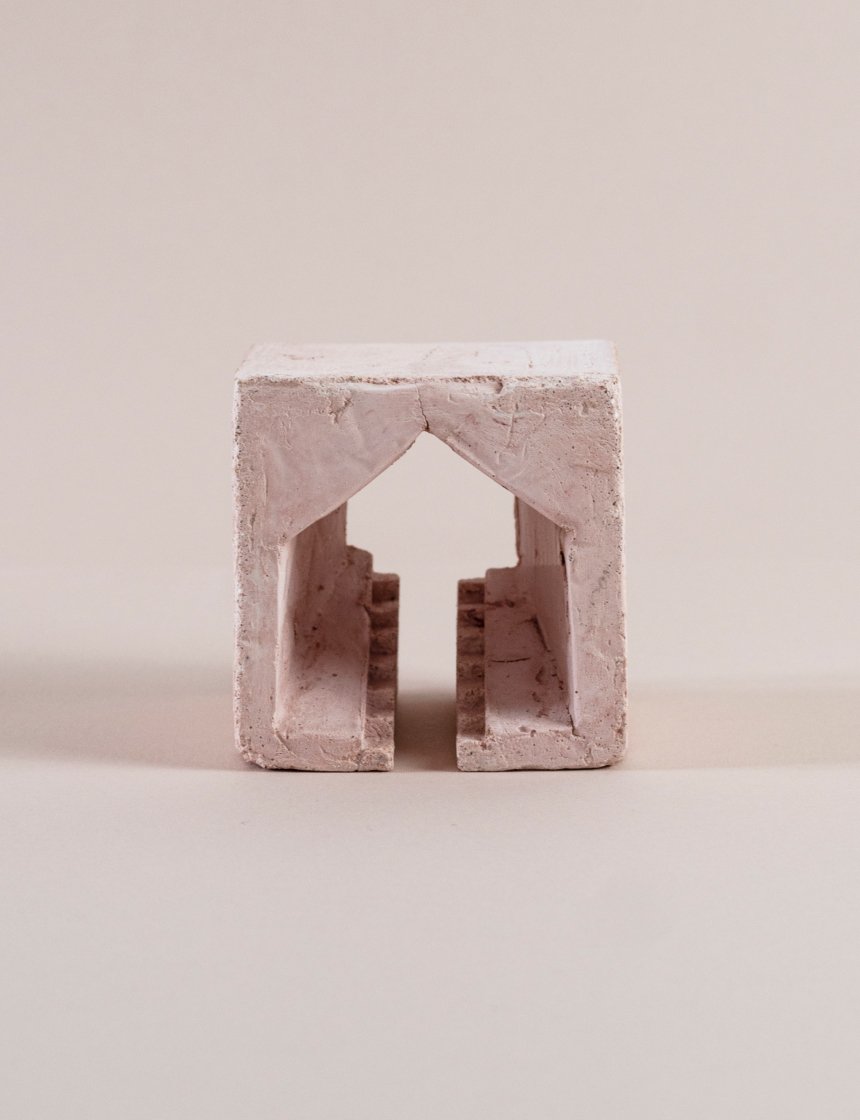Unhinged Symmetry
Between Life and Death
I sit at the end of the first stretch of road, the steepest house, just before the path curves to the right and ascends gently towards the monastery. The bare concrete wall, tall and grey, makes it hard to discern what exactly I’m doing here. A prison, maybe? If only the gate didn’t look so fragile. To get to the front door, one must climb several sets of stairs. The last one, a double, symmetrical staircase with two specular ramps, starts from opposing sides and runs parallel to the façade, leading directly to the door. The direction the shape of the house follows seems to make little sense in relation to the direction of access from the front gate—the line of stairs, as with that of the whole house, creates a weird angle with the line of the street. Yet, once at the top, if you look from my eyeline, and see what I see, it’s finally clear: beyond a sea of rooftops, and palm trees, and TV antennas, the view opens out onto a blue expanse. Still and alive at the same time, the sea dominates my life with such a presence that the smell reaches my windows and the salt stings my skin even here, kilometres away. If the weather is good—but not too good—the curvy profiles of the islands break the straight line of the horizon, almost as a reminder that the very spot I am standing on is an island as well.
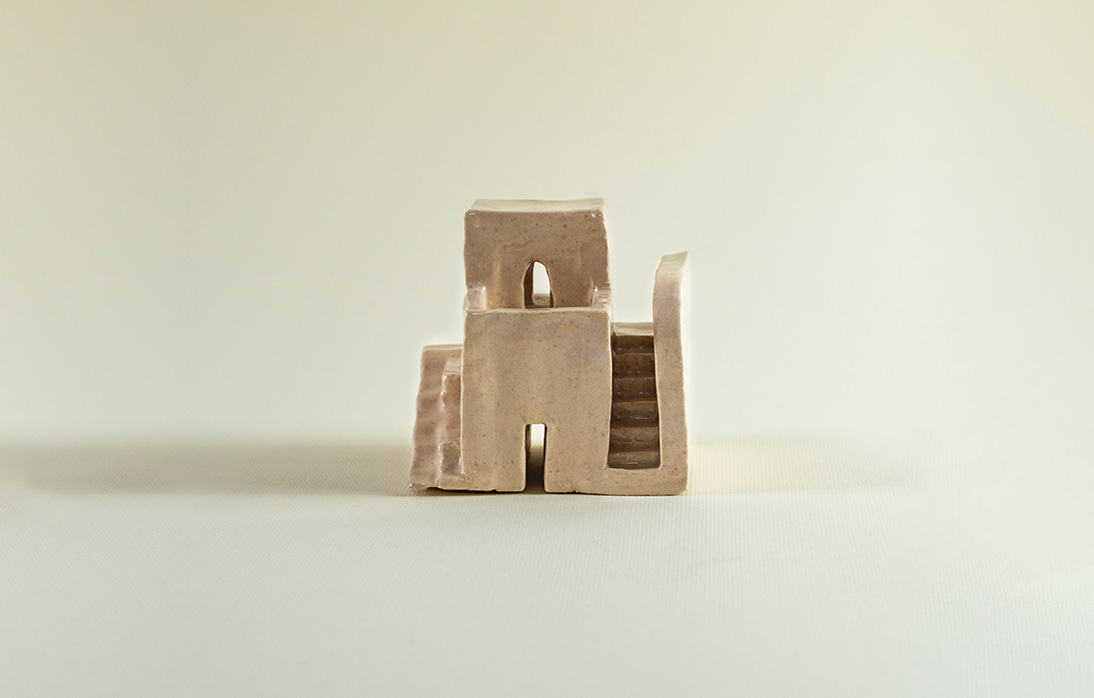
From the front door, a short corridor leads to the face of Jesus, one of those prints with the eyes that follows you. On either side of Jesus, you will find two perfectly identical doors that lead to two perfectly identical corridors, with two identical spaces opening at the end of each of them. In perfect symmetry, the two rooms at the end of the corridors mirror one another, each with a window facing out to opposite directions. Despite the spatial symmetry, the two rooms could not be more different. From one of the windows, you can see the concrete wall; from the other, you can see the street outside. In one of the rooms we celebrated Christmas’, and birthdays, and we gazed out the window when waiting for guests. In the other room, death became a habitual guest, sometimes lurking in the corner behind the door, sometimes sitting on the bed in plain sight.
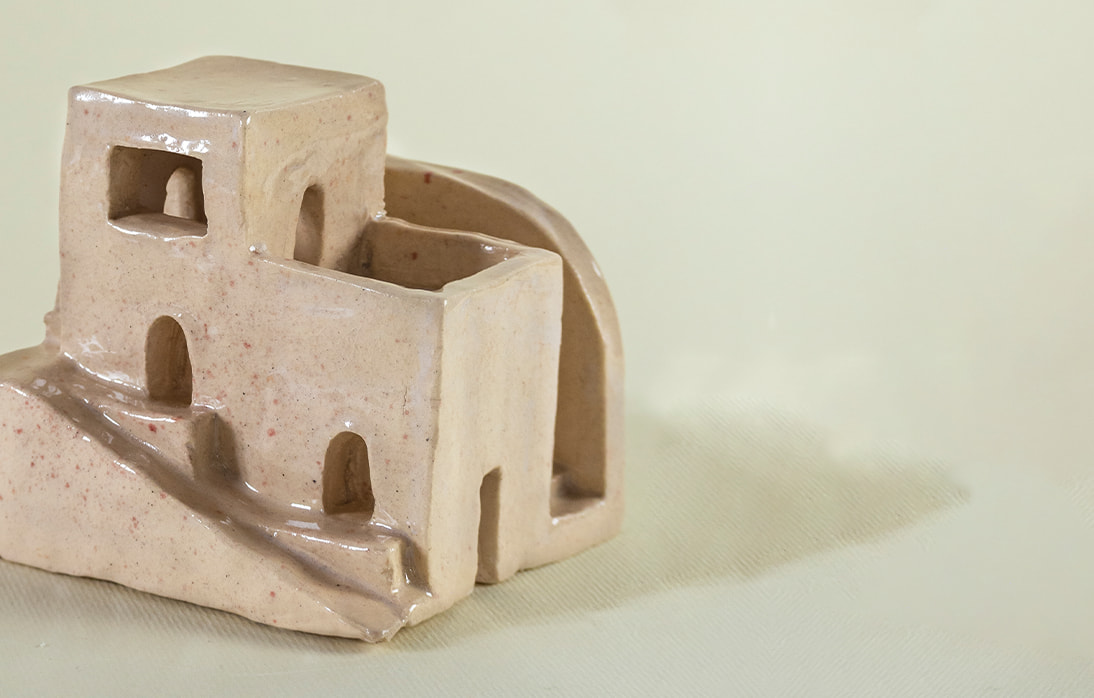
Now there is only one person left, living here with me, Mother. Everyone else has either left or died. Since she moved to the “the left wing” of the house, I’ve been scared for her. The left side of the house is the place where many have lived their last years before dying. I ask her, why do you want to move there? expecting her to dismiss my fear with some kind of practical argument. It’s about time, she replied, but I know she does not believe that.
“In one of the rooms we celebrated Christmas’, and birthdays, and we gazed out the window when waiting for guests. In the other room, death became a habitual guest, sometimes lurking in the corner behind the door, sometimes sitting on the bed in plain sight.”
Since she was born, Child spent all of her summers here with us, in the new wing. It was not easy at first. When Daughter came here with Child for the first time, I thought that things would be different. I thought she would grow and love me as Mother did. I remember staring into her fiery eyes, every time she was getting ready to go out, in the mirror with the golden frame, hoping for a glimpse, a brief moment of tenderness, and realizing instead that nothing would ever change, she would never see me.
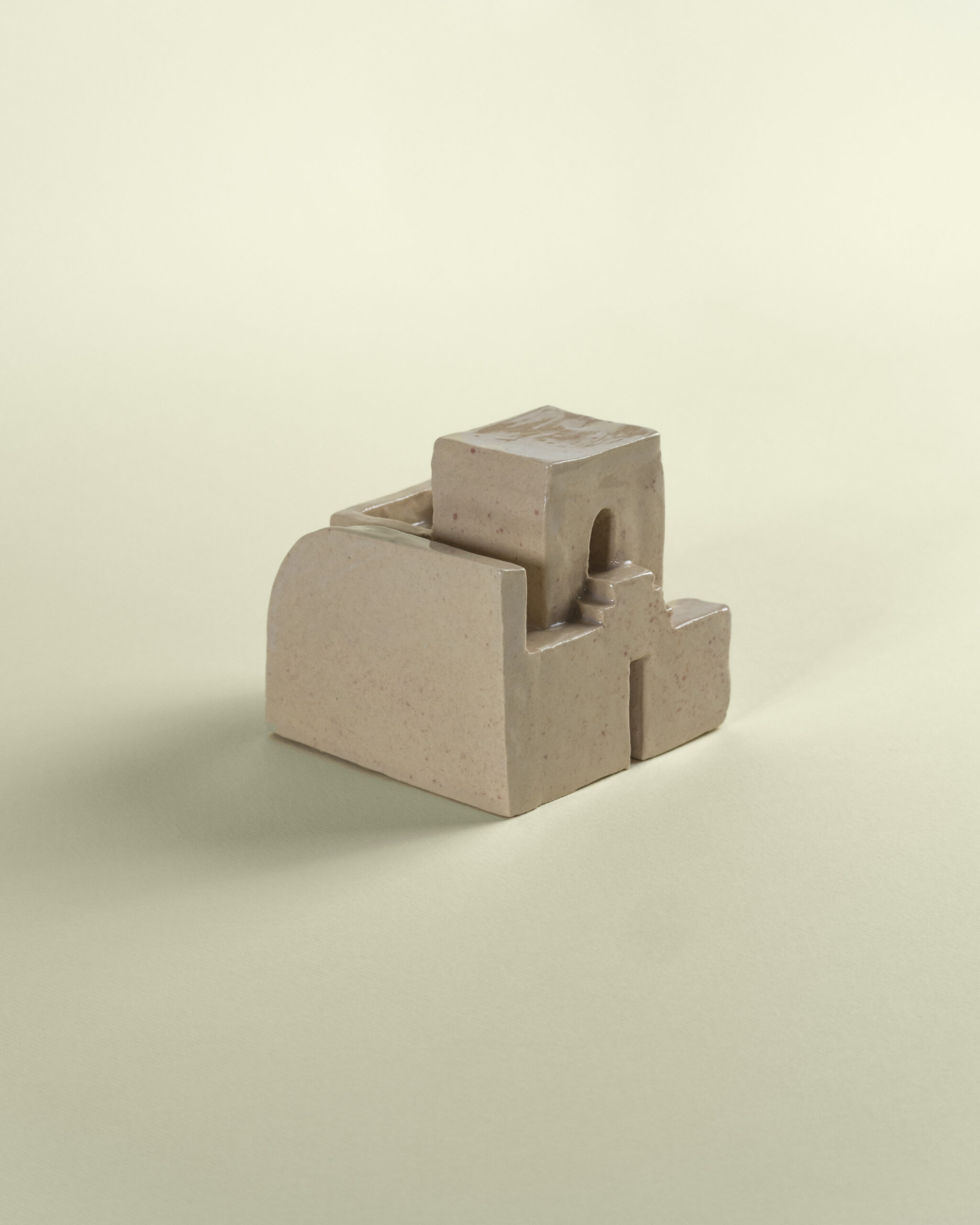
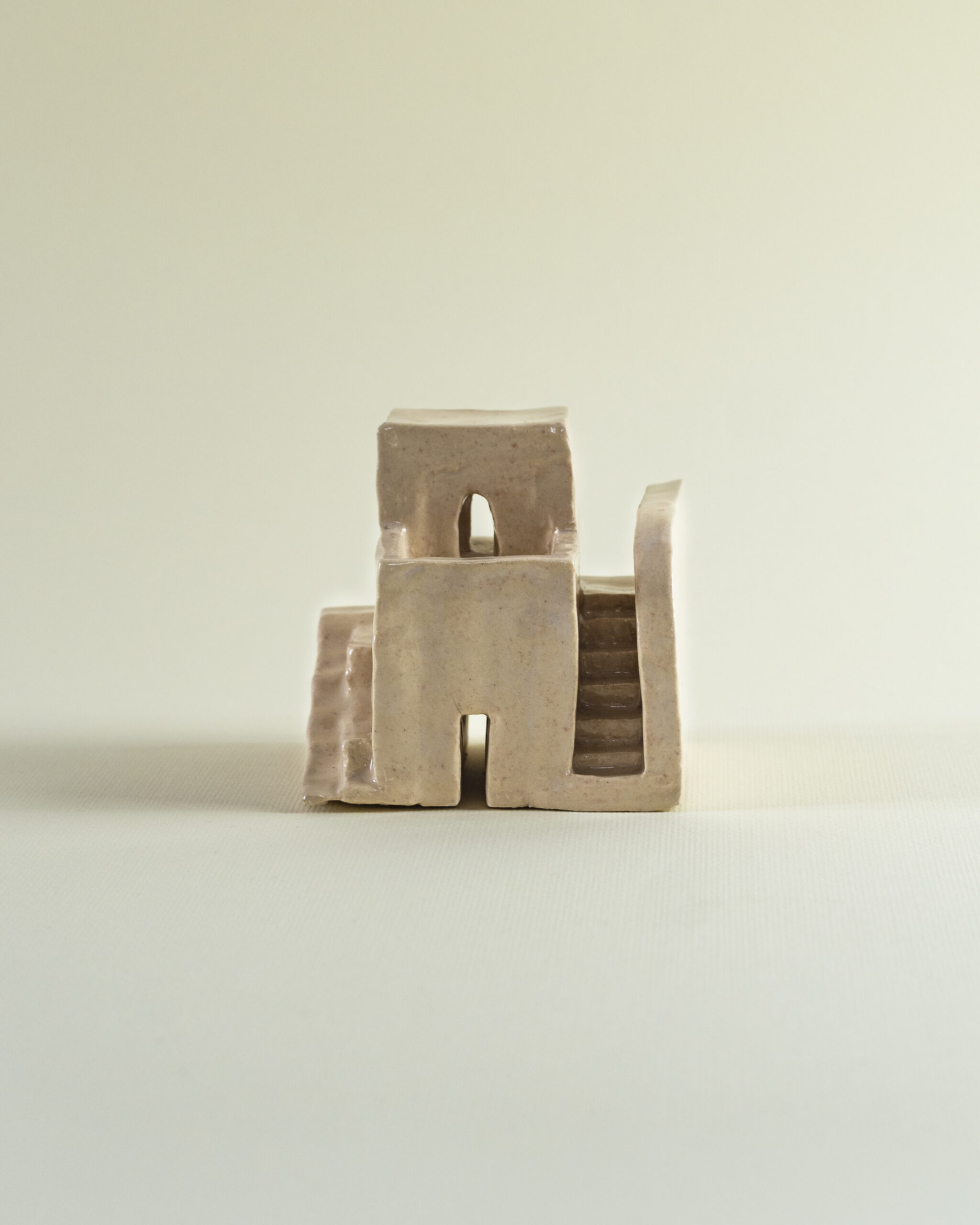
But with Child, things were different. She spent a lot of time with me, just with me. She took an interest in every corner, even those no one seemed to pay attention to anymore. She would look for old treasures in the mahogany closet with the broken mirror that resembled a spearhead, and we would play dress up and invent stories about our pasts and futures. The thought of her coming in June as soon as school ended was my main source of joy in the long winter months, which became even longer and colder after 1997: that summer, Son got married and moved out, settling down with his wife near the sea. The day after, Grandmother died in her bed, in my oldest room, the one at the end of the left-hand corridor. Mother was sitting next to her, holding her hand, while Child and I, unable to move, transfixed, watched from the doorway. Child was only eight at the time, and I was not an expert of such processes in life, but anyone would recognize death when she’s sitting next to you. That day, I recognized it in the faint smell of rose and oldness, in the fine dust swirling around in the tiny rays of sunlight coming in through the fissures of the closed shutters, in the intricate pattern of the doily where Grandmother’s old face-powder rested, in the bony hand closing tightly around Mother’s—and then letting go. When Mother told Child to go and call Son, I wished I could do it for her, and I expected her to look to me for help. Instead, she marched into the corridor without turning around. She knew what she needed to do.
Unrelated stories
